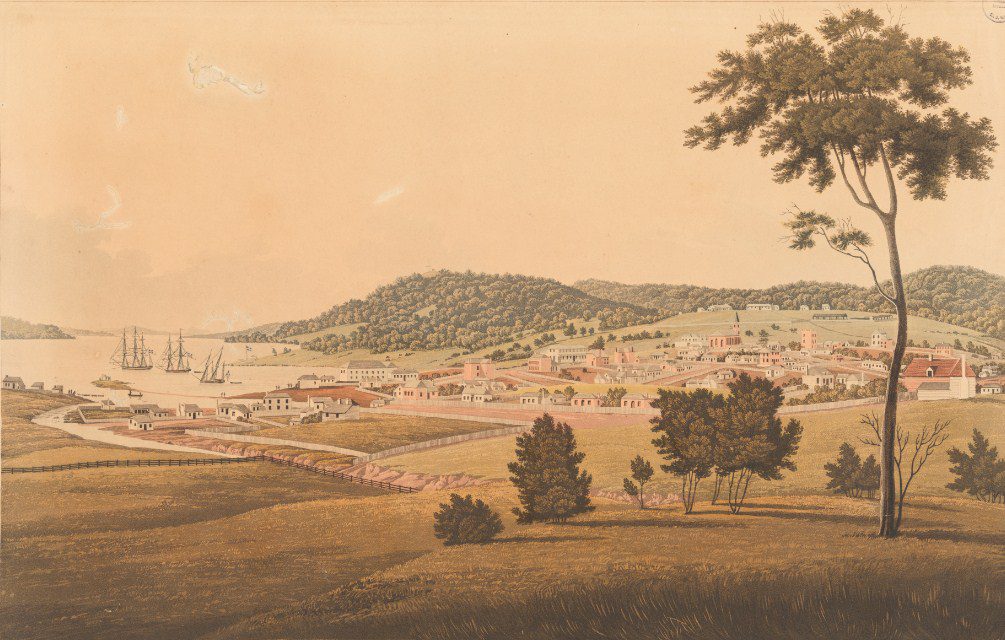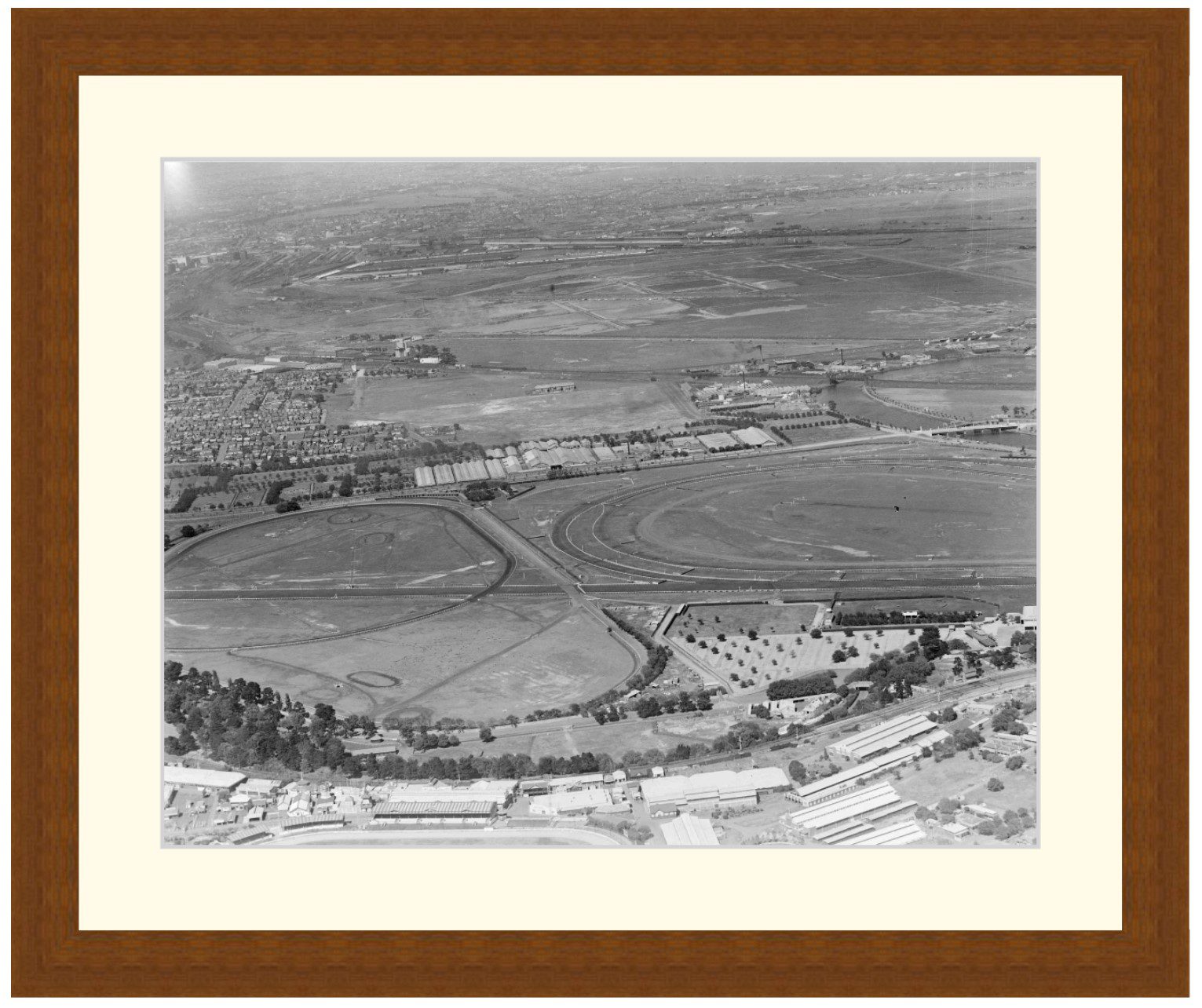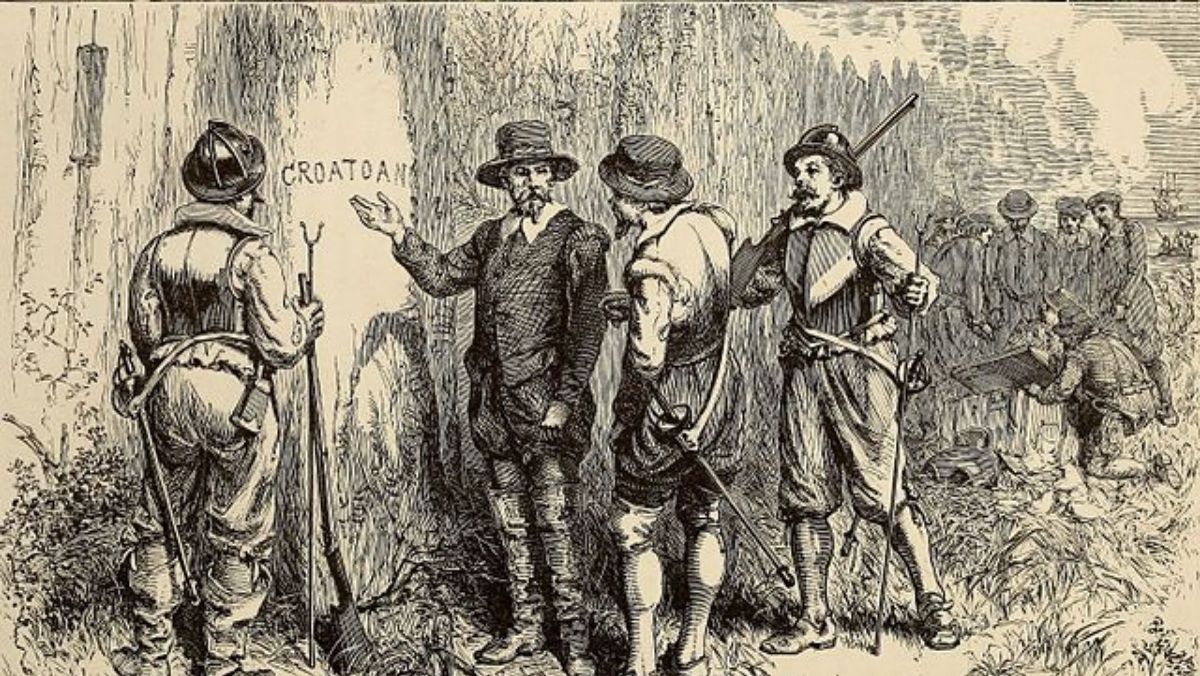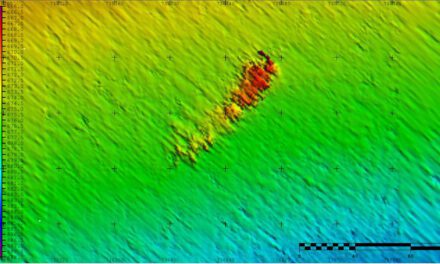Reading time: 8 minutes
Documents from a medieval court case give an insight into Ravenser Odd’s emergence from the sea. The people of nearby Grimsby complained to King Edward I that the new island was preventing people coming to Grimsby to trade.

In 1290 there was an investigation into their complaint and the records of that investigation still survive. The people of Grimsby told the king’s investigators that in the time of King Henry III ‘a certain small island was born’, the distance of ‘one tide’ from Grimsby, and fishermen began to dry their nets there. One day a ship was wrecked on the island, and someone made a cabin from the wreckage and began to live there. That man, the first permanent resident of this new land, began to sell food and drink to passing sailors.
Over time, more people began to live on Ravenser Odd and eventually some ships began to stop there to buy and sell goods, as the new island was nearer to the sea than Grimsby. Convenience was not the only reason that merchants stopped at Ravenser Odd rather than Grimsby, though, as the investigation suggests that the people of Grimsby were not paying fair prices for fish.
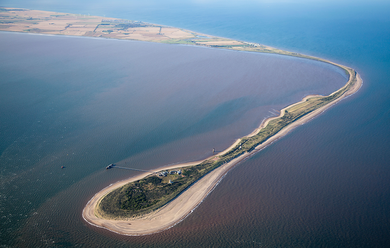
The investigation led to a court case in the following year at the Court of King’s Bench, the most senior criminal court in England. The people of Grimsby repeated their complaint, saying that they were suffering and could not pay their taxes because the new island was arresting merchants and compelling them to go to Ravenser Odd rather than Grimsby.
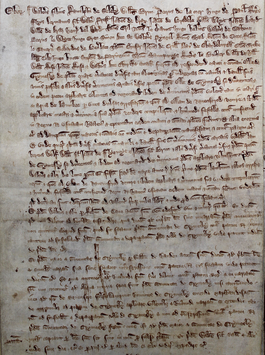
Unfortunately for the people of Grimsby, the king’s court was not interested in their local trade dispute. The court ruled that the island of Ravenser Odd had not done anything that went against the king’s peace and so the people of Grimsby had to pay a fine for making a false claim. Ravenser Odd had won the day.
Becoming a borough
After their victory in court, the people of Ravenser Odd pressed their advantage and petitioned the king to be made a borough. Becoming a borough would give the town a range of advantages, including managing their own local justice, the ability to leave land and property to whoever they wanted, and the right to hold markets and an annual fair.
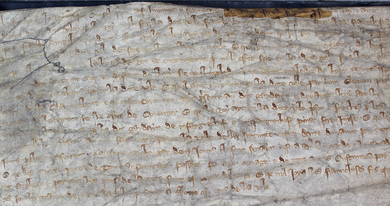
On 1 April 1299, King Edward I granted their request, issuing them a charter confirming their new rights and responsibilities. Ravenser Odd shares this birthday with a much more well-known borough in the present, Kingston-upon-Hull, whose charter is copied immediately above Ravenser Odd’s in The National Archives’ record.
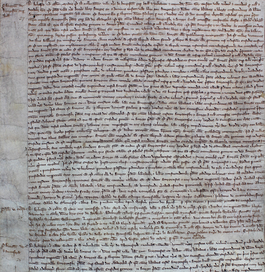
Piracy and war
Having won their court case and become a borough, Ravenser Odd embarked upon a prosperous and slightly criminal half century. Complaints flooded in from foreign nobles and merchants about the island’s behaviour. Among others, the King of Norway accused the people of the island of stealing goods from a shipwreck and a German merchant complained that the master of his ship had been killed and its goods stolen. There are repeated mentions of the island in the patent rolls, the records of public expressions of the king’s will, asking the islanders to stop extorting money from foreign merchants.
The island also assisted the crown. Ravenser Odd took part in England’s 14th-century wars with Scotland, sending ships to join the naval forces of both Edward II and Edward III. As part of their responsibilities as a borough, they also returned townspeople to parliaments across the 14th century.
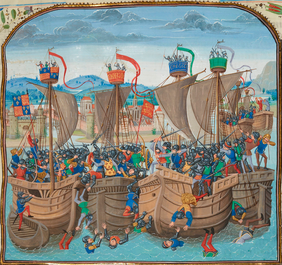
The island’s destruction
Even in the early 1300s, there were signs that all was not well on Ravenser Odd. The sea had already begun to reclaim the island. In 1329, the king granted the town quayage, the ability to collect and keep money from ships docking in their harbour, to repair their quay that had been damaged by the sea. Quayage for the same purpose was granted again in 1333, 1335, 1340, 1344 and 1347, suggesting that any repairs that the townspeople made were not lasting long.
By 1343, the town was in dire straits. The king wrote to local officials asking them to conduct an inquisition to see if the people of Ravenser Odd could continue to pay their taxes, as he had heard that many houses had been washed away by the sea. In 1346, he repeated his request, saying that the town was greatly impoverished and many of the inhabitants had left as living there continued to become more dangerous.
The inquisition took place in 1346, and confirmed the king’s information about the town’s poor condition. At this point only a third of the townspeople remained on the island, and ‘two parts’ of the town had been washed away by the sea. In the Close Rolls of the following year, the king reduced the town’s tax burden, saying that 145 buildings belonging to one woman had been destroyed, along with many other buildings and 42 plots of land.

The Meaux Abbey Chronicle, a history of a local abbey, recorded the island’s destruction in graphic terms. In its records of the period 1349–1353, the chronicle states that floods had destroyed the foundations of the chapel on Ravenser Odd and the bodies of the dead had been washed out of their graves. This destruction, the chronicler argues, was a punishment from God for the islanders’ evildoing and piracy.
A manorial account in 1355 includes Ravenser Odd but the island has nothing written next to it in the record – just a blank page. By 1359, an inquisition into the property of a deceased inhabitant of Ravenser Odd said that the town had been ‘completely annihilated’ by the sea.
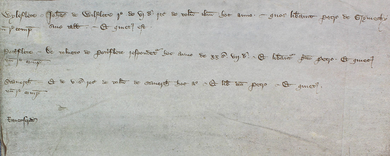
As this 1734 map of the Humber makes clear, Ravenser Odd had disappeared without a trace. Without the records at The National Archives, it would not be possible to piece together its fascinating story.
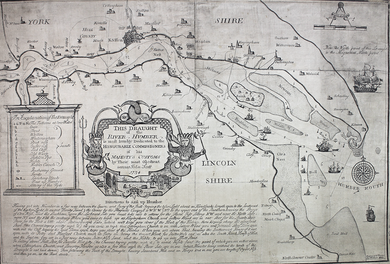
This article was originally published in The National Archives.
Podcasts about Ravenser Odd
Articles you may also like

OPERATION PEDESTAL: THE FLEET THAT BATTLED TO MALTA, 1942 – BOOK REVIEW
Renowned historian Max Hastings recreates one of the most thrilling events of World War II in “Operation Pedestal: The Fleet That Battled to Malta, 1942” – an action-packed tale of courage, fortitude, loss, and triumph against all odds.
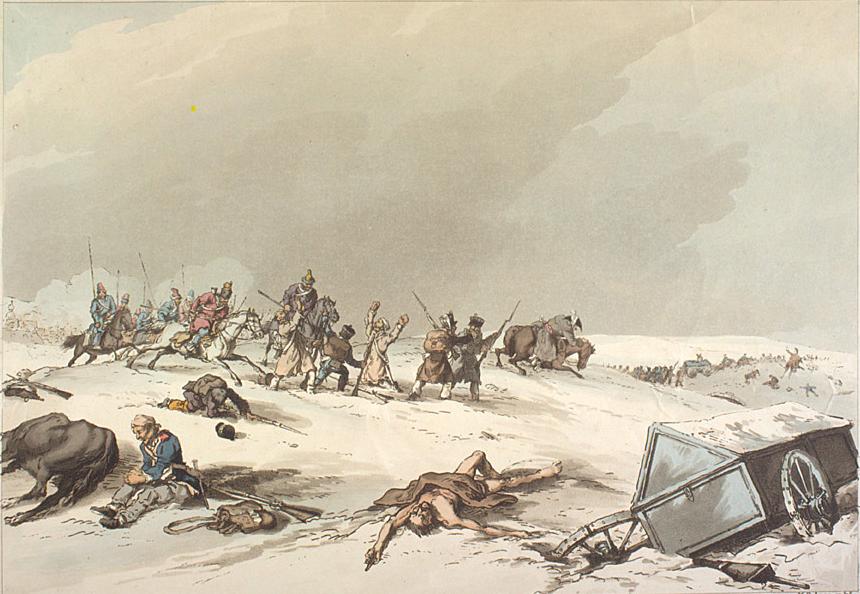
The Beginning of the End: Napoleon’s Retreat from Russia
Reading time: 6 minutes
On 24 June 1812, Emperor Napoleon Bonaparte led the French Grand Army across the Neman River, invading Russia. By this point, the French Emperor had won many military victories, giving him control over most of Europe. However, his invasion of Russia would prove to be a devastating point in the Napoleonic wars and a major blow to his political and military power across Europe.

100 Years on, a New German Putsch?
Reading time: 9 minutes
On December 7, 2022, German federal police arrested 25 people who were allegedly plotting to violently overthrow the German government. This planned coup resurrected the spectre of a failed coup attempt 100 years before, when Adolf Hitler and his then still nascent Nazi party tried something similar. But is there a link between this modern coup and the one of 1923? Does the history of these events rhyme?
This article was first published by The National Archives. It is reproduced in accordance with the Open Government Licence v3.0.


